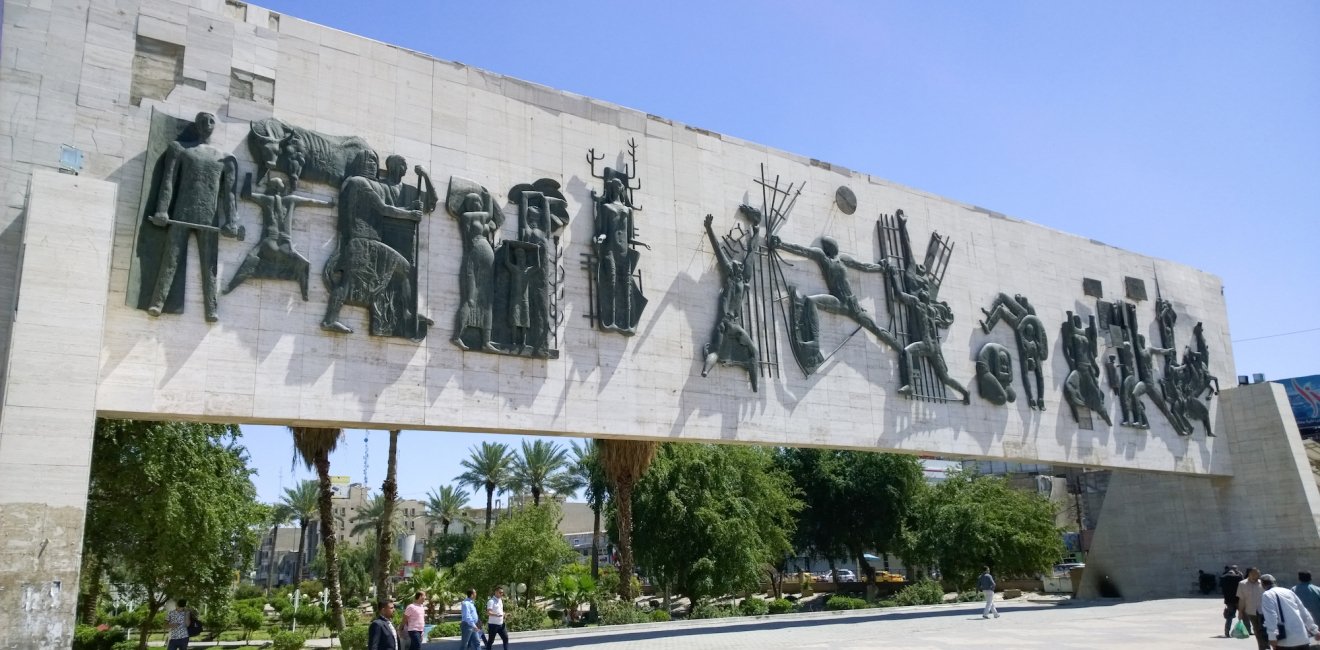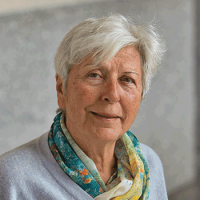A year after the 2021 parliamentary elections, the Iraqi parliament finally managed to elect a president and a speaker, to select a prime minister, and approve a cabinet. This is important, because the country has been drifting under a caretaker government while facing serious problems, including the failed process of economic reconstruction and the mounting disaffection of a considerable part of the population. But the success is most likely a pyrrhic victory.
The experience of Iraq suggests that efforts to promote democracy can badly misfire, intensify divisions, and make countries practically ungovernable.
The long delay in the formation of the new government and the uncertainty about its ability to govern make it imperative that we reflect not only on the future of Iraq, but also on the meaning of democracy and its applicability to deeply divided societies. We should also question the wisdom of imposing the system on countries where political conditions appear totally unsuitable. The experience of Iraq suggests that efforts to promote democracy can badly misfire, intensify divisions, and make countries practically ungovernable.
“Democracy” in Iraq
The present political system in Iraq is enshrined in the constitution enacted in a hurry in 2005 under American occupation and with strong input by American-supplied experts. The constitution calls for a parliamentary system. Voters elect the parliament, which in turn elects the president and the speaker of the parliament and designates the prime minister that will form the government.
Not written in the constitution but solidly enshrined in the political praxis is the requirement that the president be a Kurd, the speaker a Sunni, and the prime minister a Shia. In addition, it is also understood by all that cabinet posts must be distributed among all groups in a way that reflects their political weight and creates a balance acceptable to the main players. Since all ethnic and sectarian communities are deeply divided into factions represented by a plethora of political parties, the process of selecting the leadership after the elections is always difficult and protracted.
The delay after the 2021 election was extreme, but it is normal for the process of government formation to last five or six months. As a result, the connection between voters’ choices and the government is rather distant. In the United States, the connection between the vote and the outcome is filtered by the Electoral College. In Iraq, it is filtered by months of bickering and bargaining among political factions and their foreign supporters. The delay alters the balance of power among them by the time the government is formed.
The peril of delay
From a strictly technical point of view, Iraq’s formal democratic system worked reasonably well since 2005. The country held elections for a transitional parliament to write the constitution in January 2005, then parliamentary elections in December 2005, March 2010, April 2014, May 2018, and October 2021 (the latter elections were anticipated because of the unrest sweeping the country).
Politically, the functioning of the democratic system was more problematic. Each election saw the participation of far too many parties for any of them to receive a majority. Instead, the vote splintered, first along sectarian and ethnic lines, then along political rivalries within each group. This required the formation of alliances representing major sectors, with each group demanding ministerial posts. The formation of a government required almost 6 months after the December 2005 election and over 9 months after the March 2010 election. In 2014, and again in 2018, about five months separated the elections and the choice of a prime minister.
The formation of the current government was the most difficult and dysfunctional. Negotiations among the parties stretched for almost a year until October 2022, and the parliament that finally voted for the prime minister was not the one elected a year earlier. By that time, the Sadrist movement, which had won the plurality of the vote in 2021, had withdrawn all its representatives from the parliament, Moqtada al-Sadr had declared, not for the first time, that he was withdrawing from politics, and the vacancies left by the anti-Iran Sadrists were filled by members of a pro-Iranian Shia alliance called the Coordination Framework. The parliament that approved the new cabinet, in other words, was quite different from the one elected one year earlier.
The delay thus did not just leave the country in limbo, but also broke the connection between the voters’ choice and the outcome.
The delay thus did not just leave the country in limbo, but also broke the connection between the voters’ choice and the outcome. This can only deepen the mistrust of many Iraqis toward their own government, which has been shown in waves of demonstrations and protest beginning in October 2019.
Failure to perform
The election-based political process the United States imposed on Iraq after the occupation has not resulted in democracy. It has not resulted in governments that reflect the choices made by voters. It has not led to the formation of governments capable of even beginning to tackle the problems the country faces. I am not talking about the truly daunting, perhaps intractable problem of building some sense of common identity and purpose in the deeply divided country. I am talking of something much more banal, like restoring reliable electricity in a country rich in energy sources and with rapidly growing revenue from its oil exports. The system is too bogged down in the politics of balancing the factions to address policies that would improve the lives of Iraqis.
So-called democracy has failed to bring about either social peace or solutions to concrete, non-political problems. The population is dissatisfied and the newly formed government is fragile. Some have even called for early elections in the hope a new cabinet would be more representative—a singularly bad idea likely to lead to more months of stagnation under an acting prime minister.
The United States has bequeathed Iraq not democracy but a system of ethnic and religious representation unlike any Iraq had before.
The United States has bequeathed Iraq not democracy but a system of ethnic and religious representation unlike any Iraq had before. I am not arguing of course that before the US occupation ethnic and sectarian tensions did not exist in Iraq. With few exceptions among parties on the left, political organizations identified with a sect or ethnicity. What the United States did, however, is make ethnic and sectarian identity the backbone of the political system, just as it did in other deeply divided societies where it had a voice in the matter.
US intervention in the wars that followed the disintegration of Yugoslavia in the 1990s resulted in the formations of political systems that enshrined religion and ethnicity as determining factors. The Dayton Accord mediated by Ambassador Richard Holbrooke on behalf the United States resulted in a seemingly clever, but in reality grotesque, creation in Bosnia that includes a federal system, one component of which is also a federation, and a collective presidency which requires constant international supervision to function even minimally.
An unsuccessful system
The tragedy of systems based on ethnic and sectarian representation is that they offer a short-term solution for a country in crisis, but at a staggering long-term price. Such systems perpetuate and deepen social cleavages, resulting in lasting instability. Lebanon, with a confessional system dating back to the 1940s, is as divided and conflict-ridden as ever and essentially no longer functions as one country. Every election cycle brings new promises of reform, with analysts proclaiming that the younger generation has turned its back on sectarianism, but in reality, nothing changes. Ethiopia managed to avoid a break down in 1992 by instituting a system of ethnic federalism, but now it is back at war with itself, with ethnic identities stronger than ever.
There is no country where ethnic- and sectarian-based governments have brought peace. To the best of my knowledge, there is no country that has been able to free itself from such a system once adopted. In the name of democracy promotion, the United States has put Iraq on the way to long-term institutionalized strife.
The views expressed in these articles are those of the author and do not reflect an official position of the Wilson Center.






